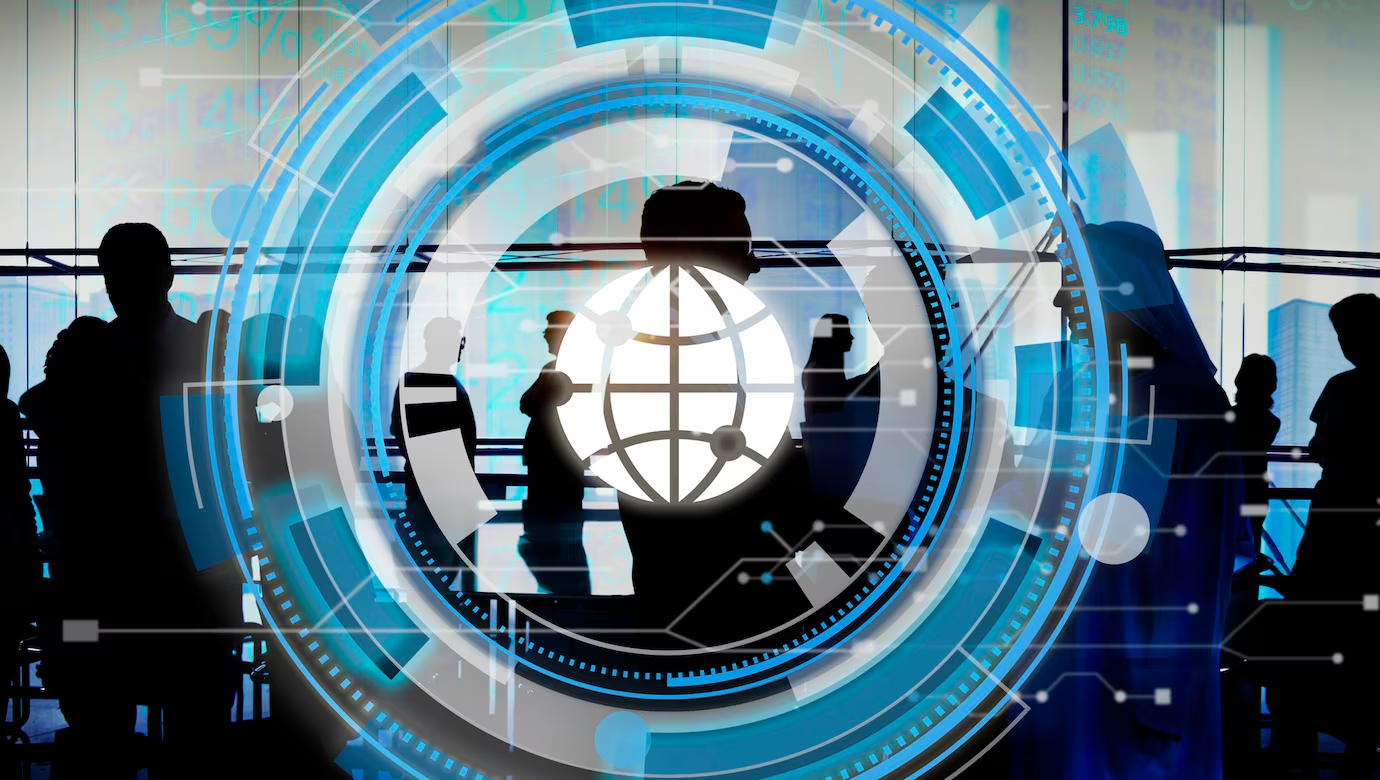
Understanding VPNs: What They Are and How They Work
Header Image Description: A sleek graphic showing a secure shield symbol overlaying a world map, with connected lines illustrating global network connections.
Introduction
In today’s digital age, online privacy and security have become paramount. Virtual Private Networks, or VPNs, are a popular tool for enhancing both. But what exactly is a VPN, and how does it work? This article delves into the intricacies of VPNs, their benefits, and their practical applications in everyday digital life.
What is a VPN?
A Virtual Private Network (VPN) is a service that allows users to create a secure and encrypted connection over a less secure network, such as the internet. The primary purpose of a VPN is to provide online privacy and security by masking the user’s IP address and encrypting their internet traffic.
How Does a VPN Work?
A VPN works by creating a data tunnel between your local network and an exit node in another location, which could be thousands of miles away. This benefits users in several ways:
- Encryption: VPNs use encryption protocols to secure data transmitted over the internet. This encryption makes the data unreadable to anyone who might intercept it. Common encryption protocols include AES-256, which is considered highly secure.
- IP Masking: When you connect to the internet through a VPN, your IP address is replaced with one from the VPN server. This hides your real IP address, making it difficult for websites and services to track your online activities.
- Secure Connections: VPNs use various protocols to establish secure connections. Some popular protocols include:
- OpenVPN: An open-source protocol known for its balance of speed and security.
- L2TP/IPsec: A combination of two protocols that offer a high level of security.
- IKEv2/IPsec: Known for its stability and speed, especially on mobile devices.
Benefits of Using a VPN
- Privacy Protection: By masking your IP address and encrypting your data, a VPN ensures that your online activities remain private. This is particularly important in an age where online tracking and data collection are rampant.
- Security on Public Wi-Fi: Public Wi-Fi networks, such as those in cafes and airports, are often unsecured and susceptible to hacking. Using a VPN on these networks encrypts your data, protecting it from potential cyber threats.
- Access Restricted Content: Many streaming services and websites restrict content based on geographic location. A VPN can bypass these geo-blocks by allowing you to connect to servers in different countries, granting access to content that might otherwise be unavailable in your region.
- Avoid Censorship: In some countries, internet usage is heavily monitored and restricted. VPNs can help users circumvent government censorship and access information freely.
Practical Applications of VPNs
- Remote Work: VPNs are commonly used by businesses to allow employees to securely access their company’s network from remote locations. This ensures that sensitive company data is protected.
- Traveling: Travelers can use VPNs to access their home country’s internet services while abroad, which can be useful for banking, streaming, and staying connected with home networks.
- Gaming: Gamers use VPNs to reduce lag and improve connection stability by connecting to gaming servers in different locations. Additionally, VPNs can help gamers access games that are region-locked.
Conclusion
VPNs are essential tools for anyone looking to enhance their online privacy and security. Understanding how they work and the benefits they offer can help you choose the right VPN for your needs. Whether for personal use, professional requirements, or entertainment, VPNs provide a robust solution for maintaining privacy and security in the digital age.


